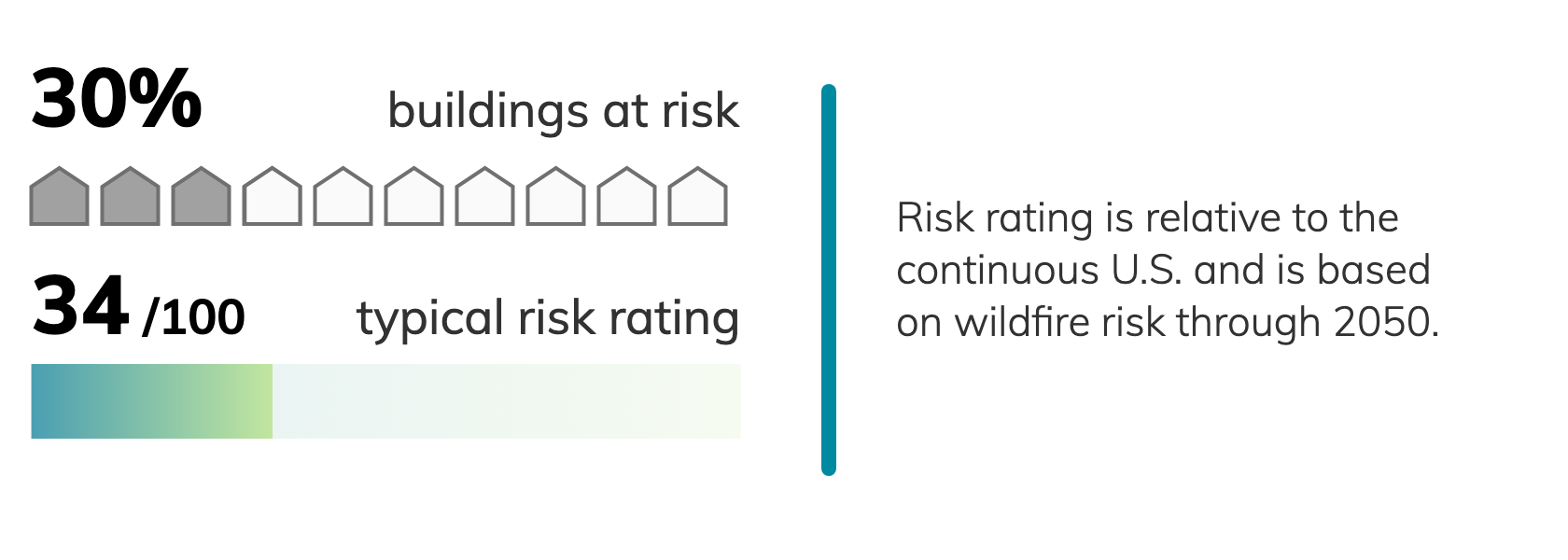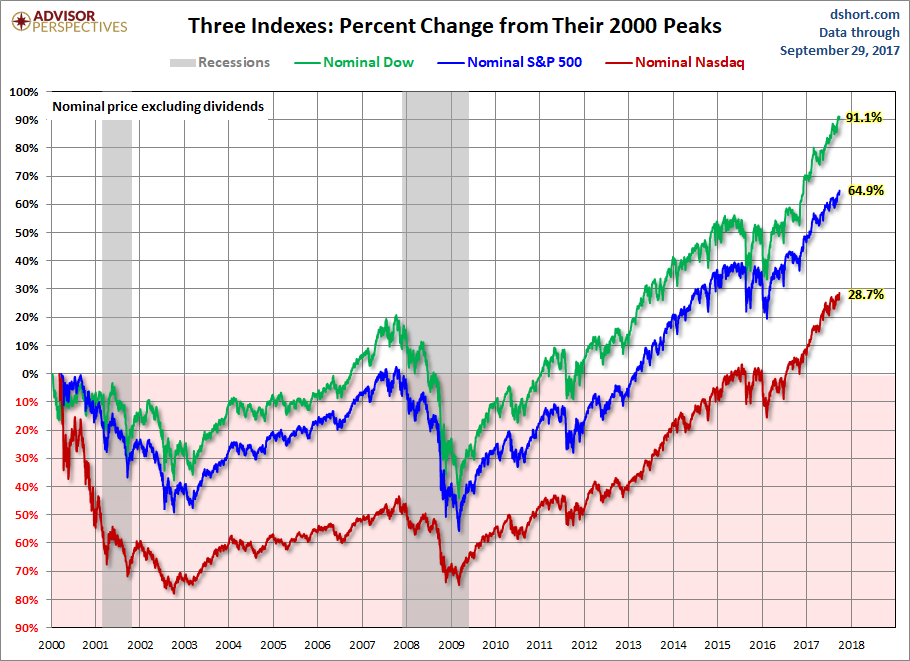The Value Of Middle Managers: Benefits For Companies And Employees

Table of Contents
Enhanced Communication and Collaboration
Effective communication is the cornerstone of any successful organization, and middle managers are instrumental in ensuring this vital flow of information.
Bridging the Communication Gap
Middle managers act as a vital link, translating the often abstract strategic goals set by upper management into actionable plans for their teams. Conversely, they act as the voice of the employees, relaying feedback, concerns, and suggestions upwards. This two-way communication flow is crucial for:
- Improved information flow: Ensuring everyone is on the same page, minimizing confusion and delays.
- Reduced misunderstandings: Clarifying ambiguous directives and preventing misinterpretations.
- Quicker problem-solving: Facilitating rapid responses to challenges and opportunities.
For example, imagine a software development team facing a critical deadline. A skilled middle manager can effectively communicate the urgency from upper management, while also gathering input from the developers regarding potential roadblocks. This collaborative approach leads to a more efficient and successful project outcome.
Fostering Team Collaboration
Beyond simply relaying information, middle managers actively cultivate a collaborative work environment within their teams. They promote open communication, facilitate conflict resolution, and build strong team cohesion. This results in:
- Team cohesion: A strong sense of unity and shared purpose.
- Improved morale: A more positive and engaged workforce.
- Increased productivity through synergy: Teams working together effectively achieve more than the sum of their individual parts.
Consider a marketing team tasked with launching a new product. A strong middle manager might implement team-building activities, encouraging open dialogue and brainstorming sessions, fostering a collaborative spirit that results in a more creative and effective marketing campaign.
Improved Employee Development and Performance
Middle managers are not just taskmasters; they are critical in developing and nurturing their teams.
Mentorship and Coaching
Middle managers are often the first point of contact for employees seeking guidance and support. They provide mentorship and coaching, assisting in career development and fostering employee growth. This results in:
- Increased employee engagement: Employees feel valued and invested in.
- Higher retention rates: Employees are more likely to stay with the company.
- Improved skill development: Employees receive targeted training and support.
A successful example might involve a manager identifying a high-potential employee and providing them with opportunities for advanced training and challenging assignments, ultimately leading to a significant career advancement within the company.
Performance Management and Accountability
Effective performance management is key to driving productivity, and middle managers are central to this process. They monitor individual and team performance, provide constructive feedback, and ensure accountability. This leads to:
- Performance improvement: Identifying areas for development and improvement.
- Goal achievement: Ensuring teams stay focused and on track.
- Identification of high-potential employees: Spotting talent early and nurturing it.
Regular performance reviews conducted by middle managers help identify skill gaps within a team, allowing for targeted training and development initiatives, ultimately improving overall team performance.
Increased Operational Efficiency and Productivity
Middle managers play a critical role in optimizing workflows and ensuring smooth operations.
Delegation and Task Management
Effective delegation and task management are essential for maximizing team productivity. Middle managers excel at this, ensuring workloads are distributed fairly and efficiently. This results in:
- Improved resource allocation: Optimizing the use of personnel and resources.
- Reduced bottlenecks: Identifying and removing obstacles to productivity.
- Increased output: Achieving more with the same resources.
A middle manager might implement a new project management system to streamline workflows, leading to a significant reduction in project completion times and increased efficiency.
Problem Solving and Decision Making
Middle managers are often the first line of defense against operational disruptions. They identify and resolve issues quickly, preventing minor problems from escalating into major setbacks. This results in:
- Proactive problem-solving: Addressing issues before they impact productivity.
- Minimized downtime: Reducing disruptions to workflows.
- Improved crisis management: Effectively handling unexpected challenges.
A scenario might involve a middle manager quickly identifying a supply chain issue and implementing a contingency plan, preventing a production slowdown.
Strategic Implementation and Innovation
Middle managers are not simply executors; they are vital in translating strategy into action and fostering innovation.
Translating Strategy into Action
Middle managers are responsible for translating high-level strategic goals into practical, actionable plans for their teams. They ensure alignment between departmental goals and overall company strategy. This contributes to:
- Effective strategy execution: Ensuring company-wide objectives are met.
- Improved alignment between departments: Reducing silos and fostering collaboration.
- Better overall results: Achieving strategic goals more efficiently.
For instance, a middle manager might adapt a company-wide sustainability initiative to the specific context of their department, ensuring its successful implementation.
Driving Innovation and Improvement
Middle managers create a culture of continuous improvement within their teams. They encourage creativity, innovation, and the implementation of new ideas. This leads to:
- Improved processes: Streamlining workflows and increasing efficiency.
- Development of new ideas: Fostering a culture of creativity and problem-solving.
- Enhanced competitiveness: Staying ahead of the curve and adapting to market changes.
A manager might successfully implement an employee suggestion that leads to significant cost savings or process improvements.
Conclusion
The value of middle managers is undeniable. They are essential for effective communication, employee development, operational efficiency, and strategic implementation. Their contributions significantly impact both company performance and employee satisfaction. Investing in the development and support of your middle managers is an investment in the overall success of your organization. Re-evaluate your approach to middle management and discover the significant positive impact they can have on your company’s success. Invest in your middle managers – unlock their potential and reap the rewards!

Featured Posts
-
 Is Betting On The Los Angeles Wildfires A Sign Of Societal Decay
Apr 24, 2025
Is Betting On The Los Angeles Wildfires A Sign Of Societal Decay
Apr 24, 2025 -
 5 Key Actions To Secure A Private Credit Role
Apr 24, 2025
5 Key Actions To Secure A Private Credit Role
Apr 24, 2025 -
 The Destruction Of Pope Franciss Signet Ring A Papal Tradition
Apr 24, 2025
The Destruction Of Pope Franciss Signet Ring A Papal Tradition
Apr 24, 2025 -
 Stock Market Live Dow Nasdaq S And P 500 Gains Fueled By Tariff Relief
Apr 24, 2025
Stock Market Live Dow Nasdaq S And P 500 Gains Fueled By Tariff Relief
Apr 24, 2025 -
 The China Factor Analyzing Market Difficulties For Bmw Porsche And Other Automakers
Apr 24, 2025
The China Factor Analyzing Market Difficulties For Bmw Porsche And Other Automakers
Apr 24, 2025
